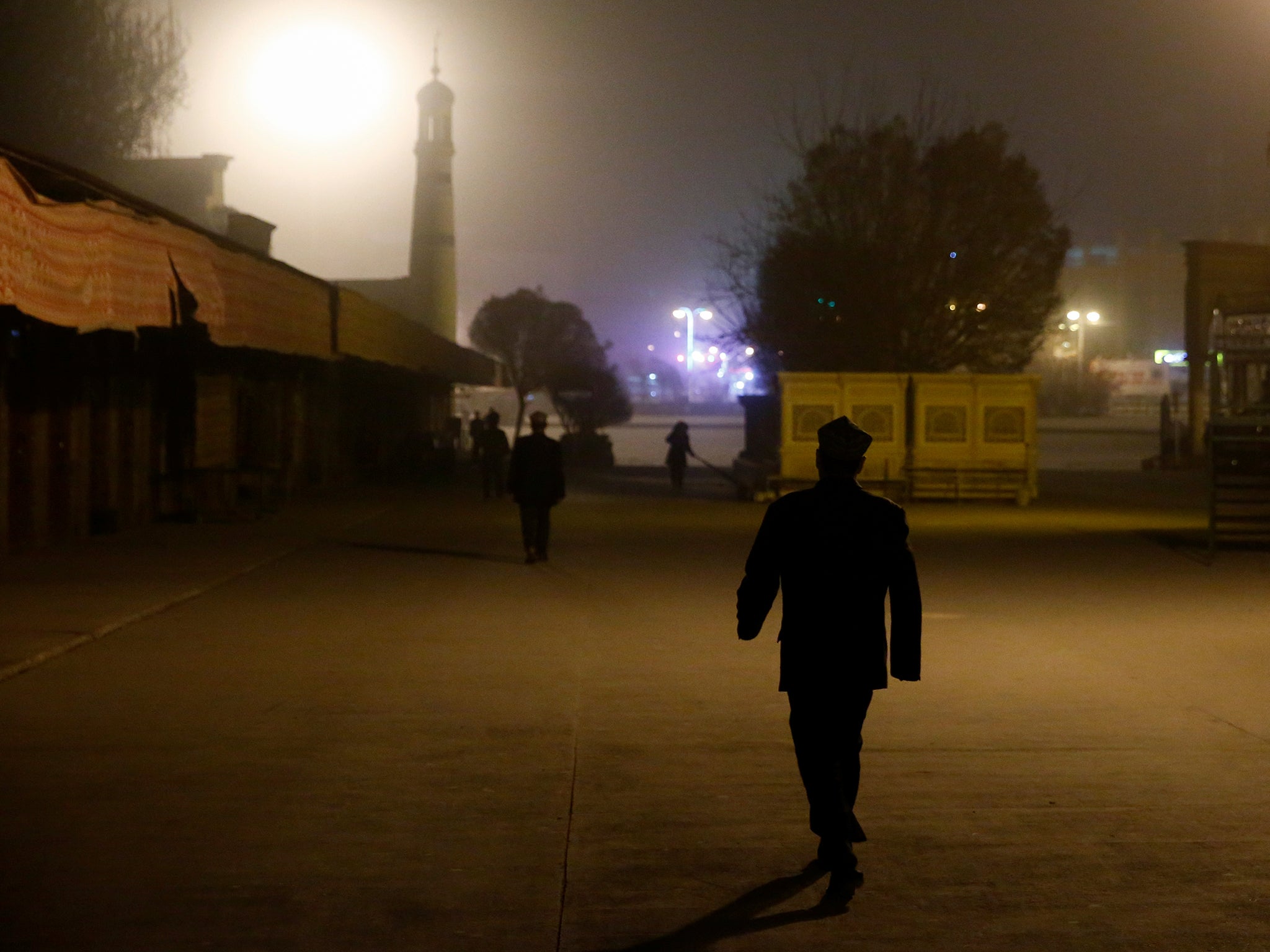Muslims in China say they are being told to hand over Qurans or face 'harsh punishments'
'Every single ethnic Uyghur must hand in any Islam-related items,' claims exile group

Your support helps us to tell the story
From reproductive rights to climate change to Big Tech, The Independent is on the ground when the story is developing. Whether it's investigating the financials of Elon Musk's pro-Trump PAC or producing our latest documentary, 'The A Word', which shines a light on the American women fighting for reproductive rights, we know how important it is to parse out the facts from the messaging.
At such a critical moment in US history, we need reporters on the ground. Your donation allows us to keep sending journalists to speak to both sides of the story.
The Independent is trusted by Americans across the entire political spectrum. And unlike many other quality news outlets, we choose not to lock Americans out of our reporting and analysis with paywalls. We believe quality journalism should be available to everyone, paid for by those who can afford it.
Your support makes all the difference.Chinese authorities are ordering Muslims in the country to hand over their prayer mats and copies of the Quran or else face punishment, it has been reported.
Officials in Xinjiang province have warned members of the Uyghur ethnic minority they must surrender religious items on pain of "harsh punishments", according to an exile leader.
"We received a notification saying that every single ethnic Uyghur must hand in any Islam-related items from their own home, including Qurans, prayers and anything else bearing the symbols of religion," Dilxat Raxit, of the exile World Uyghur Congress, told Radio Free Asia (RFA), which is operated by the US government.
The directive also applies to ethnic Kazakh and Kyrgyz Muslims, RFA said. It was reportedly announced via the WeChat social network.
In its update on China in 2016 and 2017, Amnesty International said the communist Beijing government "continued to violate the right to freedom of religion, and crack down on all unauthorised religious gatherings" in the region, and to detain Uyghur writers.
Tension between Uighurs and Han Chinese boiled over in 2009, leading to violence that left scores dead.
Hundreds of people have died in the protracted conflict between separatists and the Chinese government in the Xinjiang Uyghur Autonomous Region, its full name, which sits on China’s far north-western border.
Beijing has blamed the problems on Islamist militants, though rights organisations say the violence is in reaction to repressive Chinese policy. Rebels claim the region has been illegally occupied since 1949.
Peaceful protests have taken place alongside bombings and other violent attacks on Chinese security forces and institutions.
Join our commenting forum
Join thought-provoking conversations, follow other Independent readers and see their replies
0Comments